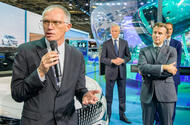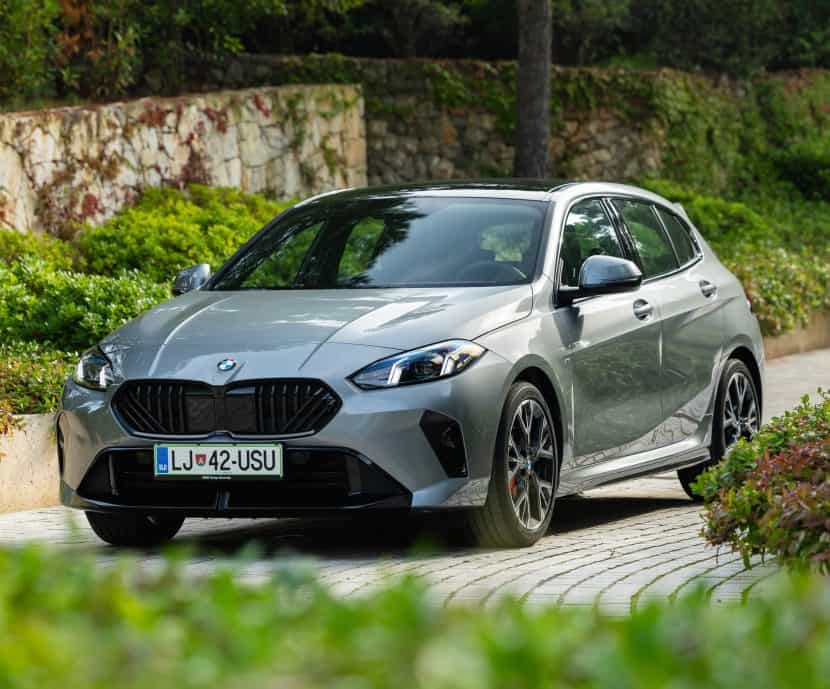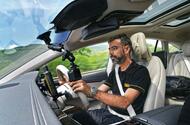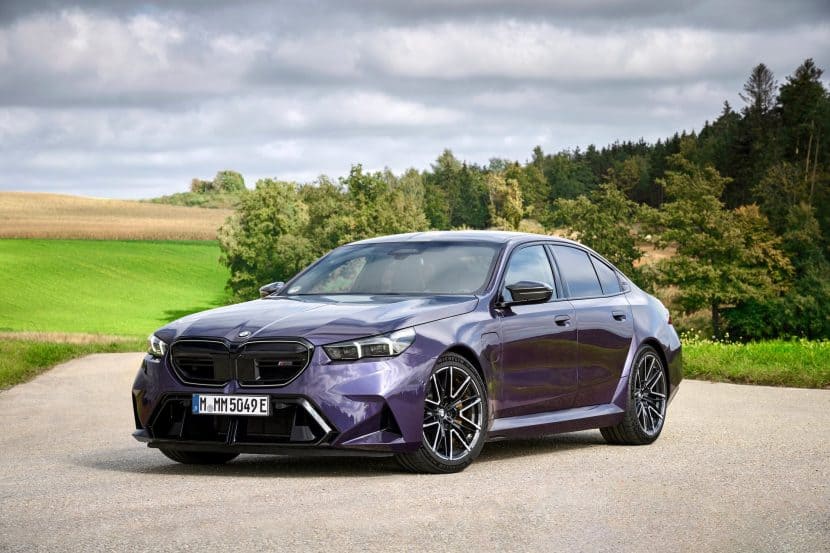Stellantis CEO Carlos Tavares says that although Chinese enjoy cost advantages, “they work harder and faster”
Penny for the thoughts of Stellantis CEO Carlos Tavares when the bombshell news broke of the Volkswagen Group’s decision to close factories in Germany for the first time.
The seismic VW restructure is the result of slowing demand for electric vehicles, coupled with a spiralling cost base. In its development of electric vehicles, VW has chosen to create dedicated architectures and models, selling them alongside existing combustion-engine model lines, something that requires development and investment in two parallel technologies.
Stellantis has taken the opposite approach of ‘multi-energy’ architectures that can house multiple powertrain options, with the advantage of being able to scale according to demand. Just weeks earlier at the Paris motor show, Tavares had said the VW approach “is going to put you on your knees”.
While not referencing VW directly, he said: “Piling up the new world on top of the old world is not the same thing as transforming from the old world to the new world.
“Even if many people think that you make tons of money in the automotive industry, it does not have the capability to pile up the two worlds. The diversity and complexity that generates is unmanageable, unmeasurable.
“We are just growing the size of the monster. You are keeping more technologies, more platforms for longer. You are going to pump your blood, your resources. At one point in time you are going to get stuck.”
With this in mind, the industry’s next trend is perhaps even more alarming for the strain it will put on resources: two identically styled models carrying the same badge but built on two different architectures.
We’ve seen it with the new Mini Cooper (ICE models from Oxford, EVs from China) and both VW and Mercedes-Benz have confirmed this approach for their future model lines too. An unwillingness to compromise on products is admirable, but at what cost?
Car makers are community citizens too, and in the case of VW this bloated approach will lead to job cuts and factory closures, and pay cuts for the staff left behind.
Behind this, Europe’s lack of cost competitiveness with China on all fronts links so many of the industry’s struggles here. The Chinese enjoy cost advantages on components but “they work harder and faster”, said Tavares.
Europe can counter by “working smarter” and ditching bureaucracy that “the customer does not care about and uses a lot of resources”.
He added: “We are overregulated in the West. The same number of hours with less bureaucracy is the same thing as working more. How many hours do we spend doing things that don’t create value for the final cost in the West? A lot.”
Source: Autocar RSS Feed



